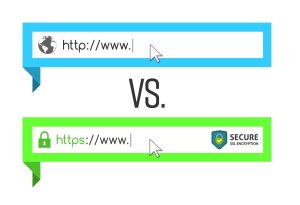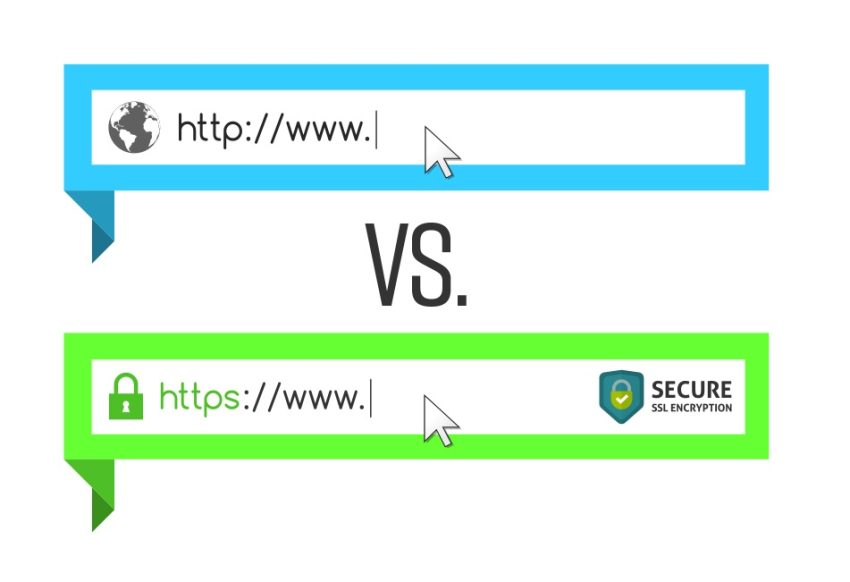HTTPS vs HTTP: What’s the Difference?
HTTP and HTTPS are two of the most important protocols used for transferring data over the internet. HTTP, or Hypertext Transfer Protocol, is the most common protocol used for transferring data over the internet. It is a stateless protocol, which means that each request from a web browser to a web server is treated as a separate transaction.
HTTPS, or Hypertext Transfer Protocol Secure, is a secure version of HTTP. It uses the Secure Sockets Layer (SSL) or Transport Layer Security (TLS) protocol to encrypt the data that is being transferred between the web browser and the web server.

The Importance of Security
The main difference between HTTP and HTTPS is the security that they provide. HTTP does not provide any security for the data that is being transferred, while HTTPS uses encryption to protect the data.
In today’s world, security is more important than ever. When you visit a website, you may be providing sensitive information, such as your credit card number or password. If that information is intercepted by a malicious actor, it could be used for identity theft or other crimes.
HTTPS helps to protect your data by encrypting it before it is sent over the internet. This means that even if someone intercepts the data, they will not be able to read it.
The Benefits of HTTPS
In addition to providing security, HTTPS also offers a number of other benefits, including:
- Improved SEO: Google and other search engines prefer websites that use HTTPS. This is because HTTPS is seen as a more secure and trustworthy protocol. As a result, websites that use HTTPS are more likely to rank higher in search results.
- Increased trust: HTTPS can help to increase trust between website visitors and website owners. This is because visitors know that their data is being protected when they visit a website that uses HTTPS.
- Increased compliance: Some industries, such as healthcare and finance, are required to use HTTPS to protect sensitive data.
When to Use HTTPS
In general, you should use HTTPS for any website that collects or transmits sensitive information. This includes websites that collect personal information, such as credit card numbers or passwords. It also includes websites that transmit confidential information, such as financial data or medical records.
Even if your website does not collect or transmit sensitive information, you may still want to consider using HTTPS. This is because HTTPS can help to improve your website’s security and trustworthiness.
How to Switch to HTTPS
If you want to switch your website from HTTP to HTTPS, you will need to obtain an SSL certificate from a certificate authority (CA). Once you have an SSL certificate, you can configure your web server to use HTTPS.
There are many resources available to help you switch to HTTPS. You can find instructions on how to do this on the website of your web hosting provider.
Conclusion
HTTP and HTTPS are both important protocols that are used for transferring data over the internet. However, there are some key differences between the two protocols. HTTPS provides a much higher level of security than HTTP, and it is becoming increasingly important for websites that collect or transmit sensitive information.
Additional Information
In addition to the information provided above, here are some additional things to consider when choosing between HTTP and HTTPS:
- Speed: HTTPS can add a small amount of overhead to the data transfer process. However, this overhead is generally negligible and should not affect the overall performance of your website.
- Cost: Obtaining an SSL certificate can cost money. However, the cost of an SSL certificate is relatively small compared to the cost of data breaches or other security incidents.
Ultimately, the decision of whether to use HTTP or HTTPS is a decision that you should make based on the specific needs of your website. If you collect or transmit sensitive information, then you should use HTTPS. Even if you do not collect or transmit sensitive information, you may still want to consider using HTTPS to improve the security and trustworthiness of your website. If you have any further questions, please feel free to contact SSL Singapore

